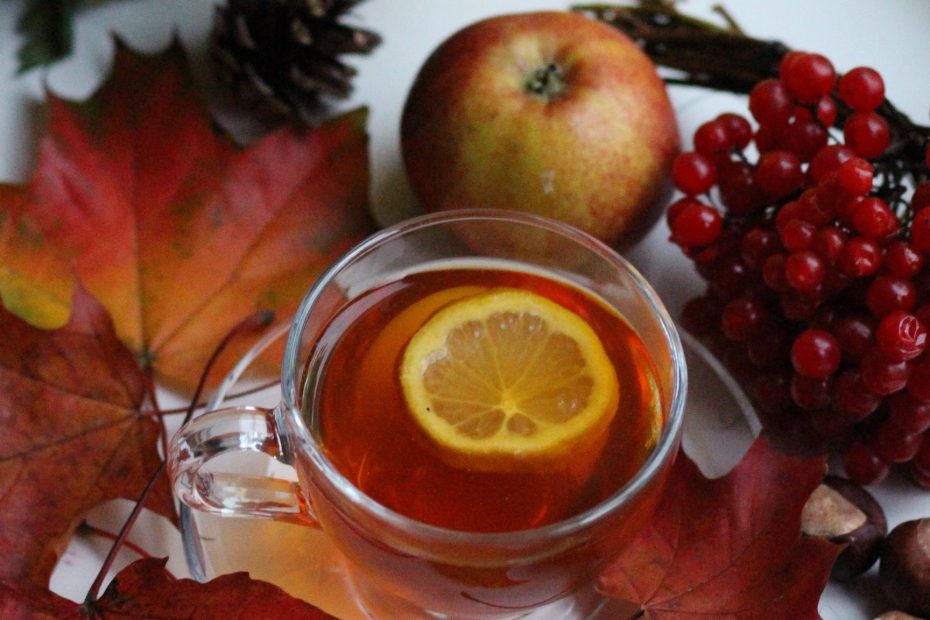Reworked Teas are blends of Teas created from basic Teas and are Teas that succeed in engaging even the most wary and difficult palates. Mixing spices, citrus peels, herbs, essential oils or flowers to Tea leaves can result in true masterpieces in creativity and taste.
In Reworked Teas include:
- Classic Blends
- Flavored Teas
- Smoked Teas
- Scented Teas
Classic Blends
Blends, called “blends” by the British, are obtained by the proper blending of several selected Teas, usually black and green, of different origins.
Some of these, researched and created by expert Tea-blenders, have become very popular all over the world are always available in specialty stores and Tea Rooms.
English Breakfast is one of the oldest British blends. It generally consists of a blend of Indian Black Teas (Assam or Darjeeling) combined with Sinhalese or African Teas. It can be of modest or good quality depending on the Teas used in making the blend.
Flavored Teas
These are made from any type (especially black and green) by adding natural or artificial flavorings and, often, also other ingredients with flavoring properties (flowers, dried fruits, etc.) that hide with their very intense aroma the delicate taste of the base Tea. Some combinations of Teas with added flavorings have achieved great success and are very popular today.
The first and best known is Earl Grey, a blend of Indian, Chinese, and Sinhalese Black Teas flavored with essential oil of bergamot. According to tradition, it was so named in honor of the English statesman and Earl (Earl, precisely) Charles Grey who, during a diplomatic mission to China, saved the life of a Mandarin. The latter, in gratitude, revealed to him the secret of the recipe for Bergamot Tea, which the Earl liked very much. Back home, the statesman reported the valuable information about the blend to the Twinings family, who immediately tried to launch it on the market. Bergamot Tea, then almost completely unknown, quickly became so successful that Twinings decided to continue selling it. Today it is one of the most widely served Teas during Afternoon Tea and most in demand among European consumers.
Smoked Teas
It seems that the idea of smoking Tea originated during the long journeys along the Silk Road, where caravaners by lighting fires during overnight stops unwittingly smoked the loads of Tea they carried. Highly valued in the West, Smoked Teas are perfect to accompany strong-flavored, spicy and smoky foods and to enrich some recipes in cooking.
Lapsang Souchong is the most famous of the Smoked Teas; it is a Black Tea that has also undergone a smoking process achieved by arranging the Tea leaves on grates and wrapping them with smoke produced by burning coniferous (pine or spruce) wood. Its strong, smoky aroma sometimes completely covers that of the leaves and is not always appreciated by Tea drinkers.
Perfumed Teas
In China, the tradition of scenting Tea (green and black) using rose flowers, jasmine, osmanthus and more is very old. Scented Teas, not to be confused with in Flavored Teas, which we mentioned earlier, are made by blending Tea leaves with the petals of fragrant flowers that imbue them with their essence. Before packaging, the flowers are removed or left, in part, for decoration. Thanks to the processing, Scented Teas are able to reproduce in the cup the perfect combination of the taste of Tea and the pleasant fragrance of flower essences.
Jasmine Tea is one of the oldest Perfumed Teas ever; it was already being drunk in China around the 10th century AD. During processing, the leaves of the basic Tea used are stacked next to freshly picked jasmine flowers and left like this for a few hours so that the Tea absorbs as much of the fragrance of the petals as possible. The operation is repeated several times. Once the fragrance processes are finished, the flowers are separated from the Tea and only a part is mixed with it. The presence of a large number of jasmine petals is not an indication of quality; on the contrary, it often happens to find Tea of modest quality enriched with a large number of petals.
